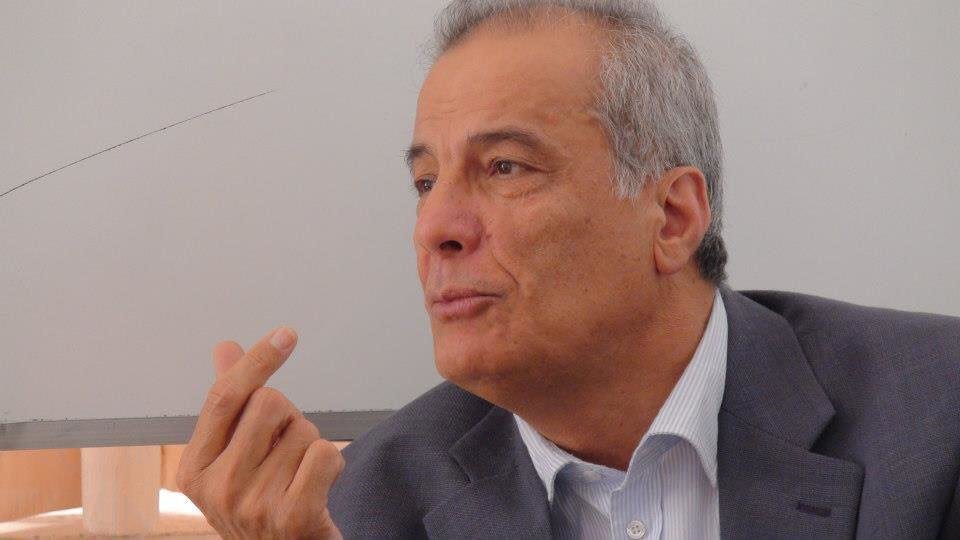Khashoggi’s murder questions anti-Iran approach of Trump: scholar

"The fact that the Saudi Arabian journalist was executed and disappeared in a
terrible way brings a big problem about the moral justification of tough
position of Trump’s administration towards Iran and not Saudi Arabia,” Sadria
tells the Tehran Times in an interview.
"Now, the U.S. is in difficulty. It has become clear that the biggest ally of
the U.S. in the [Middle East] region has no respect for the human rights and is
involved in such crime. How can it be justified to make that one [Saudi Arabia]
as a good guy and to present Iran as a bad guy?” he noted.
Khashoggi, a Saudi critic writing in the Washington Post, was killed in the
Saudi consulate in Istanbul on October 2.
Riyadh initially denied knowledge of Khashoggi’s fate, claiming that he left the
consulate. However, later Saudis admitted that he was killed in the consulate.
The chief prosecutor’s office in Istanbul, Irfan Fidanissued, issued a statement
on Wednesday announcing that the body of Khashoggi was dismembered after he was
strangled as soon as he entered the consulate.
"The victim’s body was dismembered and destroyed following his death by
suffocation,” the statement said.
Yasin Aktay, an adviser to Turkish President Recep Tayyip Erdogan, told the
newspaper Hurriyet on Friday that Khashoggi’s body was "dissolved” after his
murder and dismemberment at the Saudi consulate.
The Turkish president on Friday demanded that Saudi Arabia reveal the location
of Khashoggi’s body and hand over 18 suspects.
Erdogan wrote in an article published by The Washington Post on Friday, "We know
the order to kill Khashoggi came from the highest levels of the Saudi
government.”
"As responsible members of the international community, we must reveal the
identities of the puppetmasters behind Khashoggi’s killing and discover those in
whom Saudi officials — still trying to cover up the murder — have placed their
trust,” he wrote.
‘World cannot accept U.S. policies’
Sadria also said that the world cannot accept the U.S. policies and give in to
Washington under the threat of sanctions.
He said that situation of the oil market and also the international economic
situation makes it almost impossible for buyers of Iran’s oil to follow the U.S.
policy of imposing sanctions on Iran.
It seems that there has been a change in the U.S. policy from "absolute
sanctions” to "relative sanctions”, he noted.
In May President Trump unilaterally pulled the U.S. out of the historic 2015
nuclear agreement reintroduced sanctions on Iran. The first batch of sanctions
were enacted in August. The second wave of sanctions, which targets Iran’s oil
exports and central bank, is due to start on November 5.
However, Bloomberg reported on Friday that the U.S. has agreed to let eight
countries, including Japan, India and South Korea, keep buying Iran’s oil after
it re-imposes sanctions.
Source: TehranTimes
















